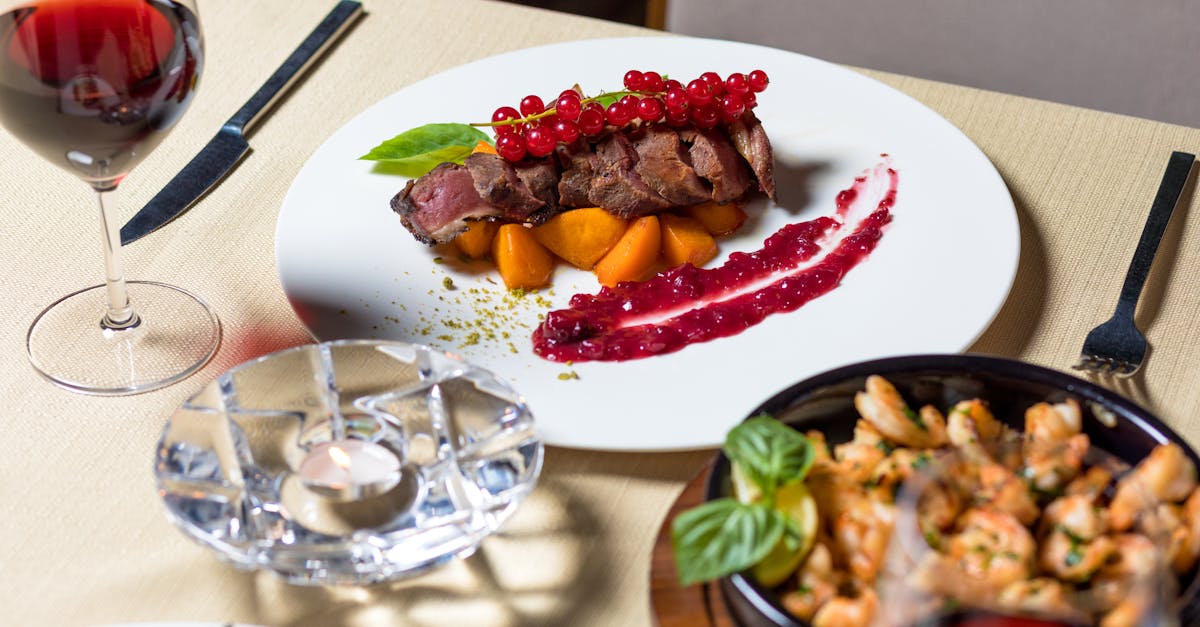7 Skills Professional Cooking Classes Teach You

Do you know what you’ll learn from a cooking class? If your immediate answer is how to prepare ingredients for tasty dishes, or how to use the different types of kitchen knives, you wouldn’t be wrong. But there’s so much more to cooking lessons than this.
Discover The 7 Skills That Professional Cooking Classes Actually Teach You.
In-Depth Knowledge About Ingredients
Why are strawberries and chocolate such good friends? What makes tomato and basil such a good pairing? There are many such flavour duos, famous for enhancing the taste of each ingredient and creating a whole new flavour profile.
Lessons in professional cookery will teach you how to combine ingredients in new and exciting ways. This will allow you to give old favourite dishes a new depth of flavour, while also treating tastebuds to new flavour fusions.
How to Read a Recipe Correctly
Have you ever wanted to try a new recipe, but abandoned it a few lines in because it made no sense to you? And let’s not forget the effort involved in converting metric to imperial measurements, and vice versa!
You’re not alone. Many people find all the terminology in recipes confusing. The more complex the recipe, the more confusing all the jargon can be. Fortunately, you’ll learn exactly what all those hitherto incomprehensible terms and measurements are, in professional cookery school.
Soon you won’t just be reading and understanding every recipe with ease, but also adapting them and creating your own.
Sharper Knife Skills
There’s a world of difference between roughly chopped herbs and finely sliced vegetables. If you’re not even sure what roughly chopped means, you’ll find out when you attend a professional cooking class.
This is more important than it sounds because many ingredients require very precise cutting. Choosing the correct knife for the task and using it properly is one of the first things you’ll be taught in a cookery class.

At last, you will know what all those different knives in the knife set are for. And you’ll have the confidence to know when to use which one.
Testing (and Fixing) Sauces
It’s always tempting to do a little taste test when preparing a rich and flavorful sauce, isn’t it? It just smells far too good to resist. But there’s another reason for the taste test. You need to know if the sauce is exactly how it should be.
A simple test will allow you to identify any problems with taste, texture and consistency. But professional cooking classes offer you something more than this. They give you the knowledge of how to get your sauce back on track and save the day.
You’ll learn the secrets of professional chefs for checking these issues, and adapting, thinning or thickening sauces when necessary.
Menu Development
From gourmet trends in casinos to classic fine dining in hotels and restaurants, every dish gets listed on a menu. How do the top chefs know what to put together when designing a new menu? They often rely on their years of experience, but there’s another reason, too. They learned how to do it in culinary school.
Knowing how to tantalise the taste buds goes beyond putting together a superb dish. It also requires knowledge about what other types of dishes to include on a menu. Professional cooking classes will teach you how to develop menus with appetizers, main dishes and desserts that complement each other.
Basic Nutrition
Many professional cooking courses also include an introduction to basic nutrition. You’ll learn which food groups common ingredients fall into, and what their nutritive value is.

And there’s a very good reason for this. Chefs need to know how the dishes that they create can impact diners’ health and digestion.
Basic nutritional knowledge also allows chefs to adapt existing recipes and create healthier alternatives to classic dishes. This is particularly important if you intend to create specialized meals in the growing health food industry.
Adapting Meals for Special Dietary Needs
According to Allergy UK, as many as 2 million people in the UK have a diagnosed food allergy. Many more have food sensitivities or intolerances, requiring them to eat lactose or gluten-free or follow special diets like vegetarianism and veganism.
To provide a more inclusive service, the hospitality industry has had to adapt to these dietary needs. This is why many professional cookery schools offer classes on gluten-free baking, lactose-free or sugar-free desserts, as well as vegetarian and vegan meals.
Final Thoughts
Are you considering attending professional cooking classes? Professional cooking classes start with basic food prep and knife skills. But they also offer a whole lot more in-depth knowledge for creating innovative, tasty and healthy meals. This is beneficial for entry into many of the culinary and hospitality fields.




